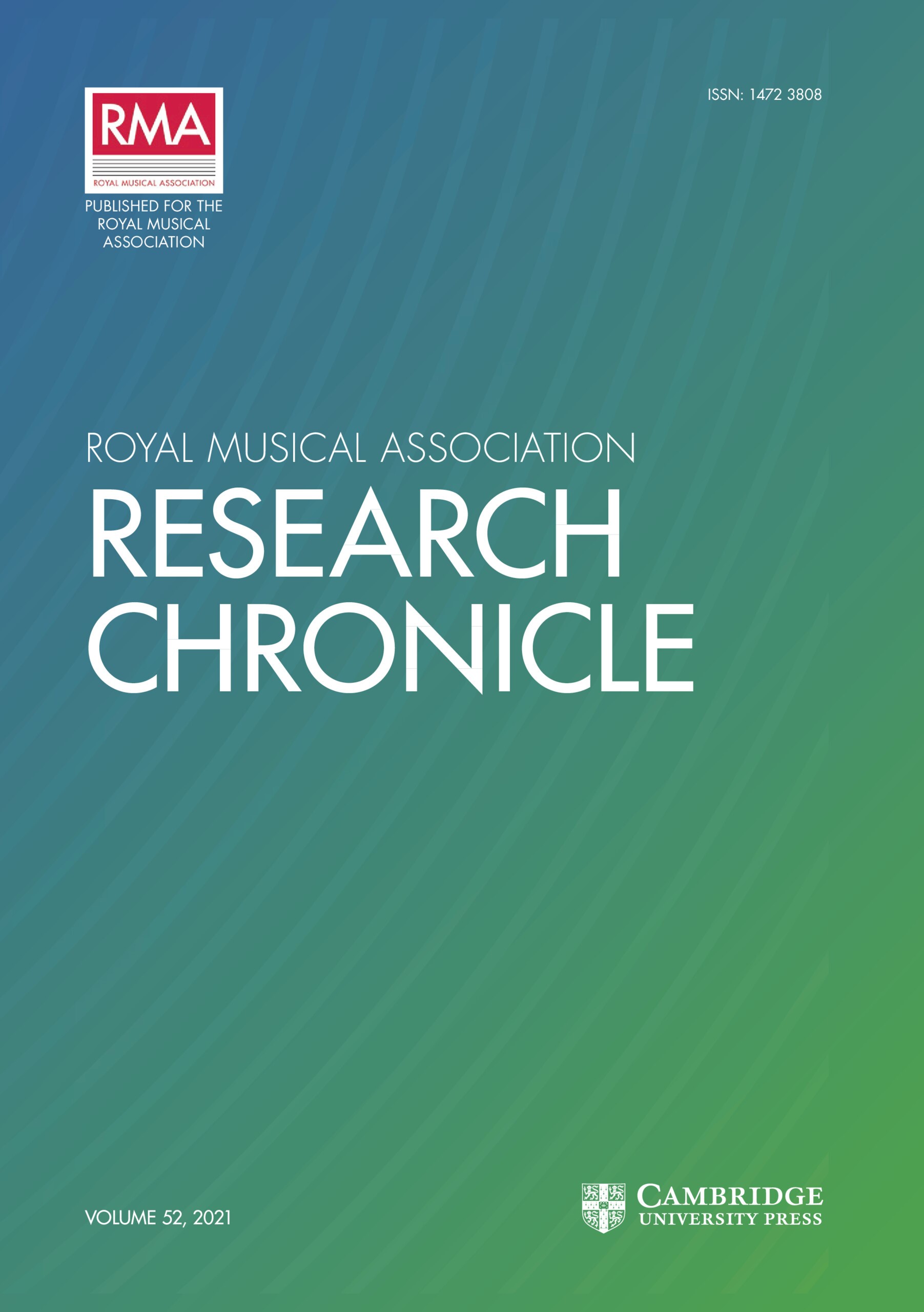No CrossRef data available.
Article contents
Drolls, Drolleries and Mid-Seventeenth-Century Dramatic Music in England
Published online by Cambridge University Press: 01 January 2020
Extract
During the Civil War and Commonwealth periods in England (1642–60), public dramatic performances were, with some exceptions, officially prohibited. Rollins (1921; 1923) has shown at length, however, that a good deal of clandestine and semi-public performance of drama and related arts did in fact take place over these years. One anthology which brings together short dramatic pieces that were allegedly acted surreptitiously during the period is Kirkman's collection of ‘drolls’, The Wits, published after the Restoration (part 1, 1662–72; part 2, 1673).
- Type
- Research Article
- Information
- Copyright
- Copyright © Royal Musical Association, 1979




